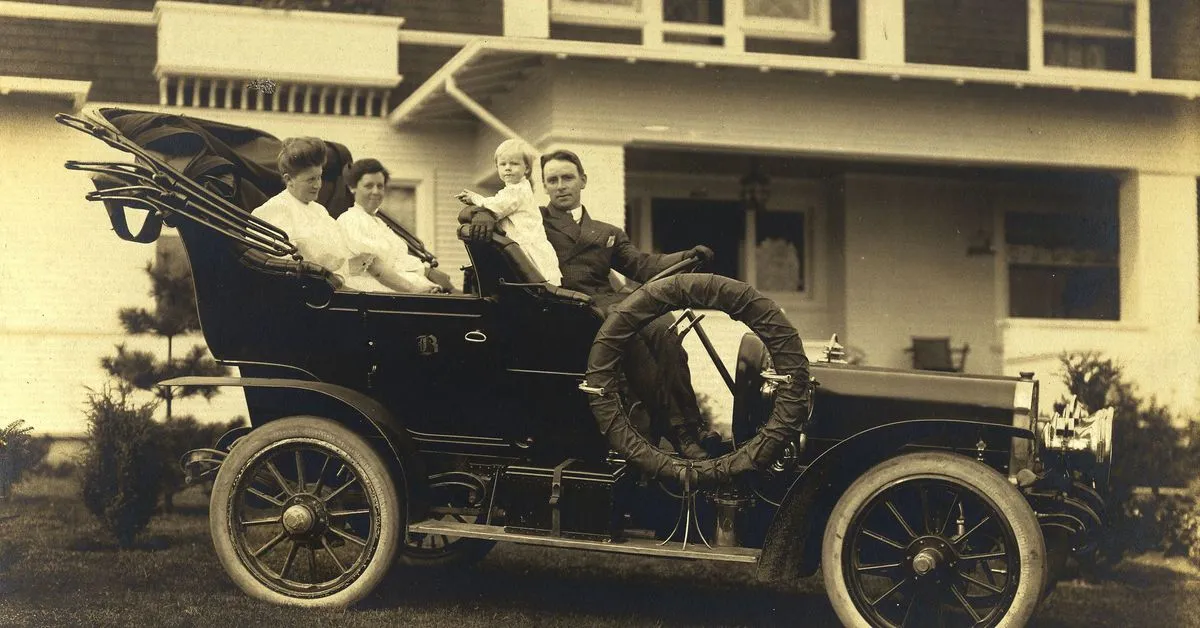Alexander Winton, an automotive pioneer, recounts his early efforts in a 1930 Saturday Evening Post essay to convince the public that the “horseless carriage” was the future. Winton, a Columbus, Ohio-based bicycle manufacturer, completed one of the first commercial sales of an automobile in the United States in 1898. His story offers broader insights into how new technologies develop and spread, with many parallels to challenges faced by crypto developers.
The same challenges have accompanied many modern innovations, thanks to the way capitalist investment and speculation shape human behavior. Winton faced down endless mockery, fraudulent competitors, the hostility of banks, and a case of automotive “patent trolling”. Early automaker attempts included a literal mechanical horse, cars running on compressed natural gas, steam, compressed air, and electricity. These honest efforts failed due to technological flaws or market mismatches.
Fraudulent operators posed a huge threat to legitimate early auto manufacturers, often taking the form of investment fraud. Winton had to “fight the wildcat automobile companies on the outside”, as it was difficult for the public to distinguish between the genuine and the ephemeral.
Winton also faced skepticism of the very idea of the automobile, with a reporter named E.P. Ingersoll arguing that the idea that automobiles would compete with trains for long-distance travel “is visionary to the point of lunacy”. His banker told him he was “crazy” for thinking the “fool contraption” would ever displace the horse.
Winton cites inventor Thomas Edison’s opinion that automobiles would “add to the general wealth” by making commerce more efficient. He also recounts a familiar environment of collaboration between very early automobile makers, including his own generous aid to the young Henry Ford in designing a steering wheel.
The parallels between the development of the automobile and of cryptocurrency and blockchain technology are uncanny. Winton’s account offers insight into how modern innovations develop and spread, and how to combat fraudsters and skeptics.
